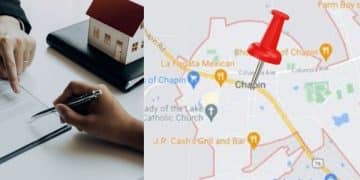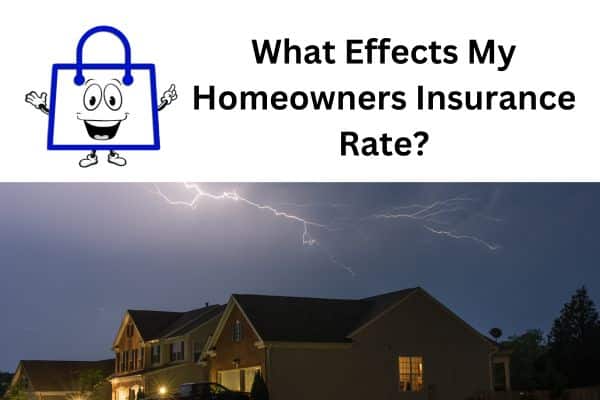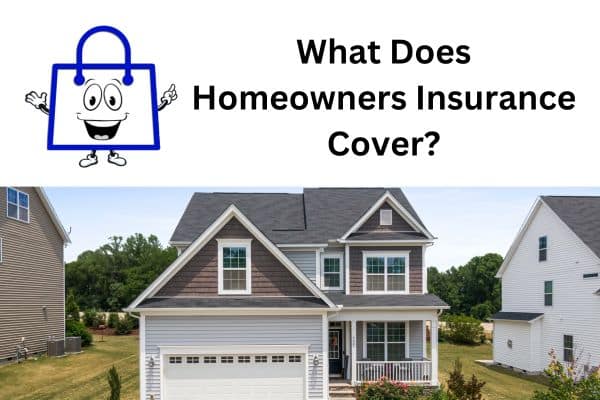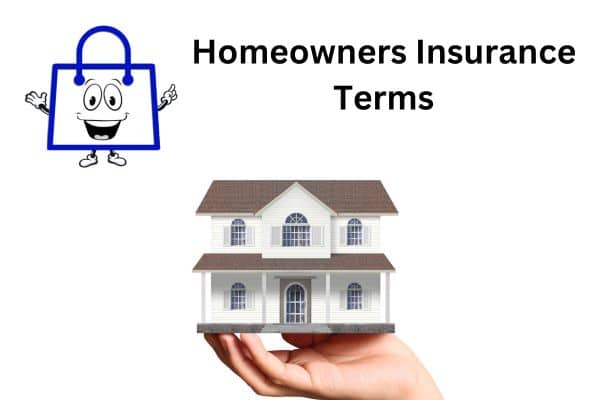Did you know? Columbia, SC homeowners pay nearly 15% more for insurance than the national average, making your choice of the best home insurance providers crucial for both savings and peace of mind. In a city where vibrant neighborhoods thrive but weather risks and property values continue to rise, your home deserves a policy and insurer that truly has your back. Explore how to select a homeowners insurance company you can trust, maximize your coverage, and secure the best rates—starting now.
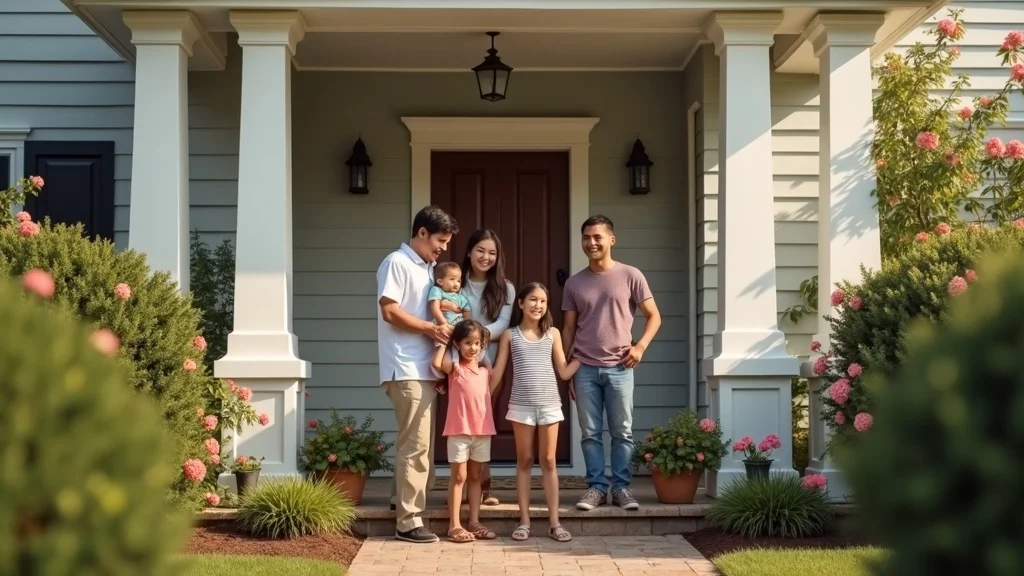
Unveiling the Facts: Why Finding the Best Home Insurance Providers Matters in Columbia SC
Homeownership in Columbia, SC comes with its own set of unique rewards and risks. The area’s beautiful communities and growing real estate market mean higher property values and, consequently, higher insurance rates. In fact, *homeowners insurance* costs in Columbia consistently outpace the national average. That’s why it’s not enough to settle for a generic policy—you need the best home insurance providers who understand the local landscape, weather risks, and customer priorities.
According to the National Association of Insurance Commissioners, selecting from reputable insurance companies ensures that policyholders in Columbia get comprehensive protection, responsive claims support, and competitive insurance premiums. Your goal isn’t just to find any insurer; it’s to partner with an insurance company known for its financial stability, customer satisfaction, coverage options, and flexible home insurance policies—especially when you may need to file a claim after an unexpected event. The right choice now could mean the difference between a smooth recovery and a costly, stressful experience later.
“Columbia, SC homeowners pay nearly 15% more for insurance than the national average, underscoring the need for informed provider selection.”
What You’ll Learn About the Best Home Insurance Providers in Columbia SC
- The essentials of best home insurance providers in Columbia SC
- Top-rated homeowners insurance companies and their unique strengths
- Key features to look for in insurance policies, including replacement cost and coverage options
- Expert strategies for comparing insurance quotes and companies
- Tips for maximizing customer satisfaction and security

Overview: What Makes the Best Home Insurance Providers in Columbia SC Stand Out?
The best home insurance providers offer more than a standard policy—they deliver peace of mind, superior customer service, and robust coverage options tailored for Columbia’s homeowners. What sets these insurance companies apart is their blend of affordable insurance rates, responsive claims handling, clear home insurance policies, and tools to help you compare online insurance quotes efficiently. With rising property values and unpredictable weather, having a policy with replacement cost coverage and high customer satisfaction ratings is non-negotiable.
Industry leaders like State Farm, Allstate, Farmers, Liberty Mutual, and USAA consistently rank high among *homeowners insurance companies* in Columbia SC. Each has its unique approach to customer support, policy flexibility, and discounts for bundling home and auto insurance. Many also provide tech-driven convenience through online insurance quotes, making it easier to customize coverage limits and explore insurance cover beyond the basics. When choosing among these top home insurance companies, focus on their history of claim settlement, community reputation, and the range of coverage options to ensure your policy grows with you.
The Role of Home Insurance in Protecting Your Columbia SC Property
Home insurance is your financial shield against the unexpected—storm damage, fire, theft, or liability claims—all of which can hit especially hard in Columbia. Reliable *insurance coverage* ensures your home’s structure, personal property, and even legal liability are covered under a single, comprehensive insurance policy. With the right provider, you gain more than just coverage; you gain confidence that your claim will be handled quickly and fairly when you need it most. The difference with the best home insurance providers? Their dedication to fast, transparent claims and the financial capacity to restore your home’s value, thanks to robust replacement cost coverage and policy flexibility.
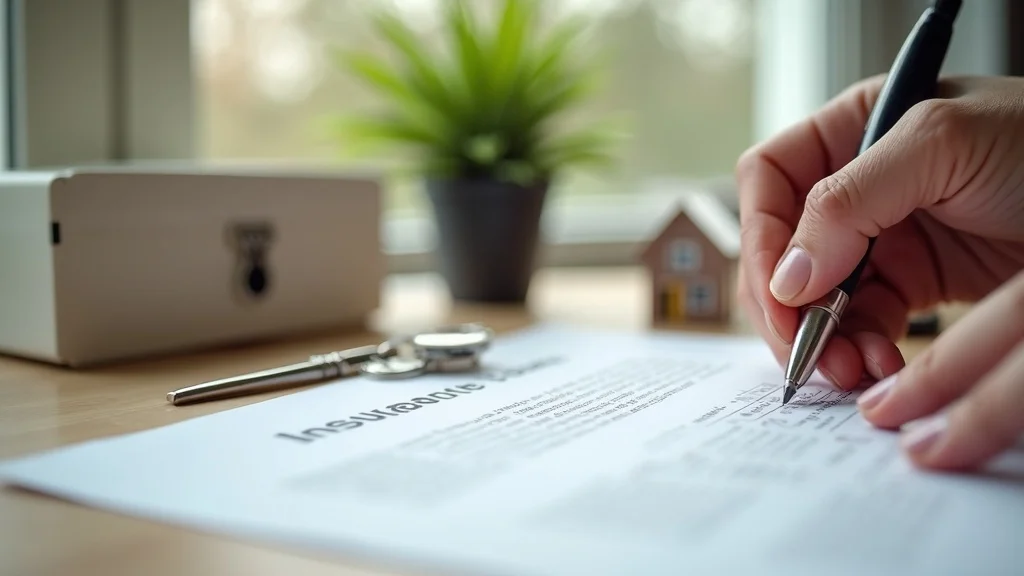
Being insured by a top insurance company also opens doors to extra features—like identity theft protection, smart home discounts, and personalized advice. The association of insurance commissioners recommends working with established companies like State Farm and Allstate, who are renowned for ethical conduct and local expertise. This attention to detail means you’re better prepared, no matter what challenges come your way in Columbia SC.
Understanding Coverage Options Every Homeowner Needs
When comparing the best home insurance providers, don’t settle for a one-size-fits-all home insurance policy. Instead, look at the range of coverage options: beyond the core offerings like dwelling insurance, personal property, and liability coverage, top insurers build flexibility into their policies. Competitive insurance companies offer replacement cost coverage to rebuild your home at today’s prices, not just what you originally paid. Policy enhancements may include protection for jewelry, electronics, water backup, or even home-based businesses.
Coverage limits and optional add-ons (such as earthquake or flood insurance) distinguish the truly best homeowners insurance companies in Columbia SC. A strong insurance company will walk you through coverage limits, deductible options, and how to file a claim if disaster strikes. The result? A policy suited to your unique needs, future-proofed as your life evolves. Choosing the right balance between affordability and comprehensive insurance coverage isn’t just smart—it’s essential for security and peace of mind.
Top-Rated Home Insurance Companies in Columbia SC
Searching for the best home insurance companies in Columbia SC? These top-rated insurers have proven track records for customer satisfaction, robust replacement cost coverage, competitive discounts, and easy-to-use online insurance quote platforms. Each insurance company below stands out not just for its financial strength, but also for its local expertise and straightforward claims process.
| Provider | Customer Satisfaction | Replacement Cost Coverage | Discounts | Online Insurance Quote |
|---|---|---|---|---|
| State Farm | 4.8/5 | Yes | Multi-policy discounts | Yes |
| Allstate | 4.7/5 | Yes | Bundling home and auto | Yes |
| Farmers | 4.6/5 | Yes | Loyalty discounts | Yes |
| Liberty Mutual | 4.5/5 | Yes | Home and auto | Yes |
| USAA | 4.9/5 | Yes | Military-only | Yes |
State Farm: Why It’s a Leading Homeowners Insurance Company
State Farm consistently ranks as one of the best home insurance providers in Columbia SC, thanks to its robust coverage options, local agent support, and customized insurance policies. With a reputation for responsive customer service and an extensive network of local agents, State Farm offers replacement cost coverage to ensure your home is fully restored after damage. Their multi-policy discounts for bundling home and auto insurance attract savvy buyers seeking savings without sacrificing protection. State Farm’s easy online insurance quote platform simplifies the process of comparing options while providing the peace of mind that comes with a nationally trusted insurance company.
For Columbia residents, State Farm stands out for its tailored approach and willingness to go above and beyond. Whether you’re a first-time homebuyer or upgrading to your next home, their flexible coverage limits, transparent policies, and high marks in customer satisfaction make State Farm an industry front-runner. The company’s record of ethical conduct, as highlighted by the National Association of Insurance Commissioners, reinforces its reputation as a smart choice for homeowners insurance in SC.
Allstate: Comprehensive Coverage and Customer Support
Allstate is another powerhouse among homeowners insurance companies in Columbia, offering comprehensive *insurance policies* and strong customer support. Their ‘bundling home and auto’ discounts make high-quality coverage affordable, while their flexible policies cover everything from your dwelling to personal liability. Allstate is known for its thorough approach to claims and easy-to-access customer support channels, both online and local.
The company’s unique Claim RateGuard protects your insurance rate from increasing after a first claim, and their digital tools make obtaining an online insurance quote quick and transparent. Allstate’s customer satisfaction scores and policy innovations, like add-on identity theft coverage, consistently appeal to those looking for more than a standard home insurance experience in Columbia SC.

Farmers: Flexible Insurance Policies for Columbia Residents
Farmers Insurance provides the kind of flexible home insurance policies that Columbia SC residents appreciate, especially those with unique property needs or evolving family circumstances. With optional coverages—ranging from roof replacement value to specialized endorsements—Farmers allows home insurance customization to match your lifestyle. The company’s loyalty discount programs reward longtime customers, while their claims team is recognized for fair, prompt service.
Farmers’ online insurance quote platform is intuitive, allowing you to compare insurance rates and adjust coverage limits before you commit. The company’s reputation for balancing coverage options and cost has earned it a loyal customer base and strong reviews among homeowners looking for the best home insurance providers in Columbia SC.
Liberty Mutual: Tailored Home Insurance Quotes
Liberty Mutual stands out for its focus on personalized policies and competitive discounts, particularly for those bundling home and auto insurance. The insurer’s online quote portal is user-friendly, making it easy to explore coverage options—including replacement cost, liability coverage, and unique add-ons like coverage for portable electronics.
Columbia homeowners benefit from Liberty Mutual’s custom insurance quotes, which consider factors like local construction trends, neighborhood risks, and home upgrades. Their commitment to customer satisfaction and transparent policy terms means you can secure a strong insurance cover and adjust your policy as your needs evolve—all while keeping insurance premiums manageable.
USAA: Specialized Insurance Company for Military Families
If you’re eligible as a military service member or family, USAA offers some of the best homeowners insurance policies available in Columbia SC. This insurer is praised for its exceptional customer satisfaction scores, superior claims experience, and tailored coverage options. USAA’s replacement cost policies ensure your home and possessions are properly protected, and its tech-forward approach enables easy policy management and prompt support.
Discounts for bundling home and auto are available for qualifying members, and USAA’s policies frequently go above standard coverage, offering exclusive benefits like home assistance and nationwide relocation support. For military personnel and their families, USAA sets the gold standard for care, reliability, and long-term financial strength in the home insurance industry.
How to Compare Best Home Insurance Providers in Columbia SC
Choosing among the best home insurance providers isn’t just about picking a brand name—it’s about comparing coverage, costs, and customer satisfaction. Carefully evaluating insurance coverage options, using replacement cost rather than actual cash value, and considering online insurance quotes can save you money and stress. Compare each insurance company’s ratings, reviews, and claims process to ensure you’re partnering with a provider who delivers when it matters most.
Look beyond just insurance rates and see how each insurance policy handles coverage limits, special endorsements, and multi-policy discounts. By taking a data-driven approach—using customer satisfaction scores and expert recommendations—you’ll be prepared to secure both the best protection and price for your Columbia home. Remember, a single insurance policy might not meet every need; tailor coverage to your specific risks and assets for true peace of mind.
Evaluating Insurance Coverage: Replacement Cost Versus Actual Cash Value
When evaluating home insurance companies, one of the most important insurance cover decisions is between replacement cost and actual cash value coverage. Replacement cost coverage promises to rebuild or replace your home and possessions at today’s retail prices, without deducting for depreciation. This means you’re less likely to come up short after a major loss—especially important in Columbia, where home values can fluctuate due to weather and demand.

Actual cash value, by contrast, pays out what your home or property is worth at the time of loss, factoring in depreciation. While this option might lower your insurance premium, it could leave you financially exposed after a claim. Experienced insurance agents in Columbia SC will share that, for most homeowners, the best protection comes from opting for replacement cost coverage—ensuring you can fully restore your property no matter what happens.
Getting Accurate Home Insurance Quotes
Obtaining accurate home insurance quotes is critical for finding the right insurer and avoiding unexpected costs later. Use online insurance quote tools offered by major providers to receive fast, tailored estimates based on your home’s age, construction, location, and your desired coverage limits. Always double-check that the quote reflects features like replacement cost coverage, appropriate liability protection, and any additional endorsements you need.
To improve quote accuracy and build a relationship with an insurance company, provide up-to-date information about recent home upgrades, security features, and your claims history. Comparing quotes from several top-rated insurers—like State Farm, Allstate, and Liberty Mutual—helps reveal who offers the strongest coverage, best customer service, and most competitive insurance rates for your Columbia property.
Assessing Customer Satisfaction and Insurance Company Ratings
Customer satisfaction is a strong indicator of how an insurance company manages claims, communicates policy changes, and supports homeowners in stressful situations. Start by reading consumer reviews on trusted platforms and see how each insurer ranks according to the National Association of Insurance Commissioners or other industry watchdogs. Pay attention to response times during claims, dispute resolution, and whether customers would recommend the insurer to friends or family.
Choosing a home insurance company with high customer satisfaction ratings increases your odds of hassle-free claims and positive support. State Farm, USAA, and Allstate consistently lead in this domain for homeowners insurance in Columbia, SC. Ultimately, these insights should guide your short list of providers to contact for a home insurance quote.
Benefits of Bundling Home and Auto Insurance
Bundling your home and auto coverage with one insurance company can unlock substantial savings and policy perks. Many major insurers, including Liberty Mutual, State Farm, and Allstate, extend discounted insurance premiums, simplified billing, and dedicated support teams to customers who choose this option. For Columbia homeowners, these multi-policy discounts can make comprehensive protection more affordable and easier to manage.
Review your current auto insurance and see if your provider also offers best-in-class home insurance companies’ products in Columbia SC. Bundling not only improves your discount rate but can also streamline claims—one call or online visit can handle both home and auto issues with responsive customer service.
“A single insurance policy might not offer all the protection your Columbia home needs—always compare coverage options and rates.”
- Insurance rates and discounts
- Replacement cost coverage levels
- Homeowners insurance policy flexibility
- Customer satisfaction rates

Common Types of Homeowners Insurance Coverage in Columbia SC
Understanding your insurance coverage is essential. The best home insurance providers in Columbia SC offer standard and optional protections to shield your house, belongings, finances, and lifestyle against the unexpected. Choose insurers committed to flexible policies, generous coverage limits, and the ability to customize your policy as your needs change.
Dwelling, Liability, and Personal Property Insurance Cover Explained
A comprehensive homeowners insurance policy typically includes three core policy areas: dwelling coverage (which repairs or rebuilds the physical structure), liability coverage (protects against accidents/injury lawsuits), and personal property insurance (covers your home’s contents). High-quality insurance companies will walk you through varying coverage limits—ensuring your dwelling is covered for full replacement cost, your liability is sufficient for your assets, and your personal property is protected against all common risks in Columbia SC.
Look for policies that allow increased coverage limits, extended replacement cost, or specific endorsements for valuables, electronics, or recent home improvements. Reading the fine print or consulting a knowledgeable insurance agent helps you avoid underinsurance and ensures you’re not caught off guard after filing a claim.
Additional Living Expenses (ALE) & Special Coverage Options
Some disasters make your home temporarily unlivable. The Additional Living Expenses (ALE) coverage included in most homeowners insurance policies reimburses for temporary housing, food, and extra costs while your home is repaired. Top insurance companies—State Farm, Allstate, USAA—often enhance ALE and offer special coverages like water backup, flood insurance, and ordinance or law coverage.
If you run a business from home, rent out part of your property, or have expensive collections, pick a provider who lets you customize limits and offers niche endorsements. Comparing these options among the best home insurance providers ensures you’ll have the financial support you need, no matter how unique your situation.
Home Insurance Policy Costs: What Influences Insurance Rates in Columbia SC?
Home insurance rates in Columbia SC are influenced by factors beyond just your home’s size or age. The best home insurance providers explain how property location, local weather risks, burglar alarm installation, roof upgrades, and even your credit score affect your insurance premium. Knowing what impacts your rate can help you proactively lower costs and make informed comparisons between insurance companies.
Factors Impacting Your Home Insurance Rate
Insurers determine your insurance rate by reviewing your home’s construction materials, local claims history, proximity to fire hydrants, and crime rates. Other variables include your personal claims history, chosen deductible, and even insurance score or credit profile. For Columbia homeowners, weather exposure—like hurricanes, hail, or floods—can add to the base rate, as can home upgrades or swimming pools.

Understanding these factors empowers you to ask the right questions and seek discounts for risk-reducing improvements (security systems, fire alarms, wind-resistant roofing). Shopping insurance quotes from multiple providers and negotiating policy updates annually helps you stay ahead of rising premiums.
Maximizing Your Savings on Homeowners Insurance
Smart homeowners in Columbia leverage every available strategy to reduce their insurance premiums. Increasing your deductible, improving your credit score, installing home security, and bundling home and auto coverage can all make a substantial difference. Many of the best home insurance providers also reward policyholders for claims-free years or for remaining loyal customers with lower rates or additional policy perks.
- Credit score effects
- Location and construction
- Deductible choices
Regularly reviewing your policy and comparing new insurance quotes each year ensures you never overpay for the protection you need. Ask your agent about hidden discounts or ways to qualify for extra savings—and always get offers from at least three top-rated insurance companies before renewing your policy.
Getting a Personalized Home Insurance Quote in Columbia SC
Today’s top home insurance companies make it easier than ever to get accurate, personalized quotes online or through local agents. By entering property details, desired coverage limits, and any special circumstances, you’ll receive home insurance quotes tailored for your Columbia address. Take the time to compare these offers, looking for clear policy language, strong replacement cost coverage, and optional endorsements to match your needs.
Online Insurance Quotes: What to Expect
Using an insurance company’s online insurance quote portal can save you time and reveal savings opportunities that aren’t always available offline. Expect to answer questions about your home’s size, construction year, security upgrades, and whether you plan to bundle with auto insurance. Most tools offer instant quotes and let you fine-tune coverage options—or schedule a follow-up call with a local agent for deeper discounts or personalized advice.

Leading providers—including State Farm, Allstate, and Liberty Mutual—excel in transparency, offering digital tools that help visualize premium changes as you adjust coverage levels or add endorsements. Make sure to save or print your home insurance quote for direct comparisons.
Key Questions to Ask Your Insurance Agent
Don’t be shy—maximize your value by asking your agent about available discounts, replacement cost clauses, the difference between standard and enhanced insurance policies, and how bundling home and auto affects your total premium. Also, inquire about customer service ratings, claim response times, and local claims adjusters for your neighborhood. A top-tier provider will answer transparently, clarify fine print, and give you confidence in your chosen insurance policy.
How Customer Satisfaction Impacts the Best Home Insurance Providers
Customer satisfaction plays a major role in ranking the best home insurance providers in Columbia SC. Insurers that are responsive, fair, and transparent consistently receive higher ratings and recommendations. Review data from national bodies like the Association of Insurance Commissioners or local feedback groups to understand which companies Columbia homeowners trust most when it comes to claims, policy renewals, or general support.
Customer Reviews and Ratings: Real Insights
Reading real customer reviews provides insights no marketing brochure can match—like how an insurer handled a sudden water leak or a complex file a claim process. Seek out not just ratings, but specific feedback on claim settlement speed, clarity in policy updates, and whether agents are attentive to customer satisfaction concerns. State Farm, USAA, and Allstate have consistently scored high for their local agent support and easy claims process, which is invaluable when stressful events arise.

Strong customer service is more than a buzzword—it’s about having a trusted partner who will stand by you, resolve issues, and keep your best interests at the forefront. Let real customer experiences guide your shortlist alongside professional advice.
Top Feedback Trends: What Columbia Homeowners Want
Columbia SC homeowners consistently mention several features when rating the best home insurance companies: fast and fair claims, easy online policy management, knowledgeable agents, and comprehensive coverage options. Many value competitive insurance rates combined with the ability to adapt policies as their properties or personal needs change.
| Provider | Average Customer Rating | Top Mentioned Features |
|---|---|---|
| State Farm | 4.8/5 | Responsive support, clear home insurance policies |
| Allstate | 4.7/5 | Comprehensive coverage options |
| Farmers | 4.6/5 | Flexible auto insurance and homeowners insurance |
| Liberty Mutual | 4.5/5 | Competitive insurance quotes |
| USAA | 4.9/5 | Exceptional claims experience |
People Also Ask: What Company Has the Best Homeowners Insurance?
What company has the best homeowners insurance?
Industry experts and Columbia homeowners alike often point to State Farm as a consistent leader in the region, due to its excellent customer satisfaction scores, competitive coverage limits, and flexible insurance policy options. While Allstate, Farmers, Liberty Mutual, and USAA are strong contenders, State Farm’s blend of local agent support and digital convenience makes it a standout among home insurance companies. Ultimately, the best provider is the one that meets your specific needs, offers robust replacement cost coverage, excellent customer service, and a smooth file a claim process when you need it most.

State Farm consistently outranks other insurance companies as one of the best home insurance providers in Columbia SC due to its robust customer satisfaction, tailored coverage options, and competitive insurance rates.
If you want a policy designed specifically for Columbia’s risks and rewards, State Farm should top your comparison list—but always consult an agent to review your unique home insurance needs and make the most informed decision.
Frequently Asked Questions About Home Insurance Providers in Columbia SC
How do I know my home insurance policy has enough replacement cost coverage?
To ensure your insurance policy includes sufficient replacement cost, request a thorough home valuation by your insurer and compare the amount to today’s local construction costs. Ask for extended or guaranteed replacement cost coverage, and discuss with your agent any recent home improvements or major purchases to keep your insurance policy updated and comprehensive.
Can I bundle my home and auto insurance for additional savings?
Yes, many of the best home insurance providers offer discounts for bundling your homeowners and auto insurance policies. This can streamline billing, provide higher discounts, and make managing policies easier—check with your insurer for available multi-policy deals in Columbia SC.
Do all home insurance companies in Columbia SC offer online insurance quotes?
Most major insurance companies, including State Farm, Allstate, Farmers, Liberty Mutual, and USAA, provide online insurance quote tools for Columbia homeowners. These platforms let you compare policies, adjust coverage options, and often apply for coverage—all from the comfort of your home.
Are there extra discounts for new homebuyers in Columbia?
Some insurance companies offer special discounts for first-time or recent homebuyers, especially if you have a new or renovated home, install modern safety features, or bundle policies. Always ask your insurer about new homebuyer incentives or look for insurers promoting these deals specifically in Columbia SC.
How can I improve customer satisfaction with my insurance company?
Stay in regular communication with your agent, review your policy annually to ensure adequate coverage, and immediately report any claims or changes about your home. Choosing an insurer with proven customer satisfaction (such as State Farm or USAA) and acting as an informed policyholder will greatly improve your overall experience.
Expert Tips for Choosing the Best Home Insurance Providers in Columbia SC
- Request multiple insurance quotes and compare coverage options closely
- Read customer satisfaction ratings and reviews
- Check for bundling discounts with auto insurance
- Don’t overlook extra policy features and special protection levels
“When comparing best home insurance providers, always prioritize the right insurance coverage for your family’s needs over just the lowest cost.”
Key Takeaways on the Best Home Insurance Providers in Columbia SC
- Best home insurance providers combine strong customer satisfaction, solid replacement cost coverage, and competitive insurance rates
- Compare several insurance companies for the best protection and price
- Use online insurance quotes to streamline your search in Columbia SC
Ready to Find the Best Home Insurance Rates in Columbia SC?
Get your personalized online quote now and protect your home with leading insurance coverage.
Home Insurance Rates In Columbia SC
Start comparing the best home insurance providers today for lasting peace of mind, exceptional coverage, and the savings you deserve—your Columbia SC home is worth it.
Sources
- Insurance Information Institute – https://www.iii.org/article/how-to-save-on-homeowners-insurance
- National Association of Insurance Commissioners – https://www.naic.org/consumer-homeowners-insurance.htm
- NerdWallet – https://www.nerdwallet.com/best/insurance/homeowners-insurance-in-south-carolina
- ValuePenguin – https://www.valuepenguin.com/best-homeowners-insurance-south-carolina
For a more hands-on approach to finding the best home insurance providers in Columbia SC, consider visiting Insurance Shopping Experts – Columbia SC Insurance Agency, which offers professional guidance and tailored insurance solutions specific to your local needs. Additionally, explore real customer experiences and advice by checking out the video resources available on the Insurance Shopping Experts YouTube Channel, where you can watch reviews and tips to make a more informed choice. If you’re serious about securing reliable coverage and maximizing value for your Columbia home, these resources will give you expert insights and practical next steps.


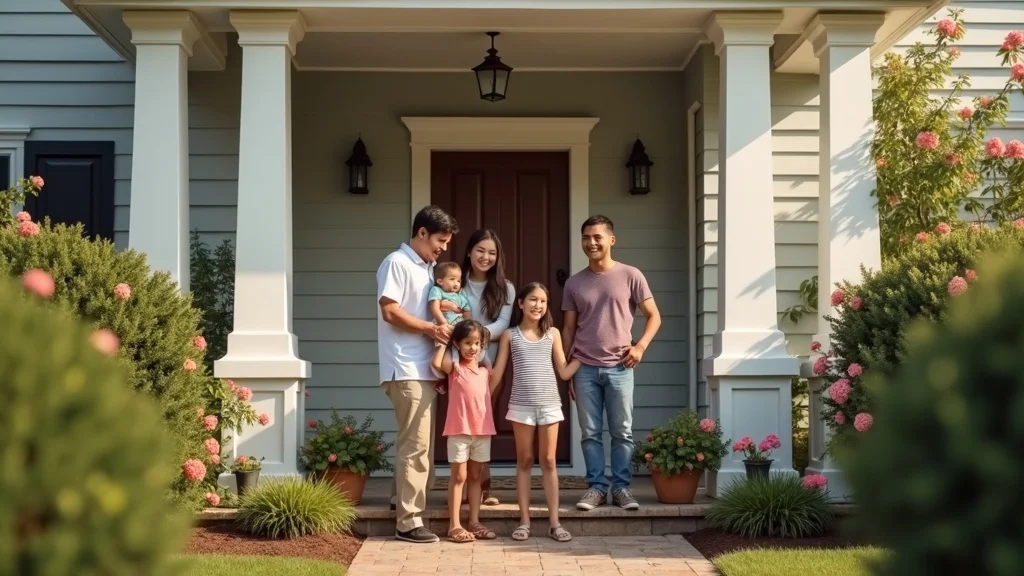
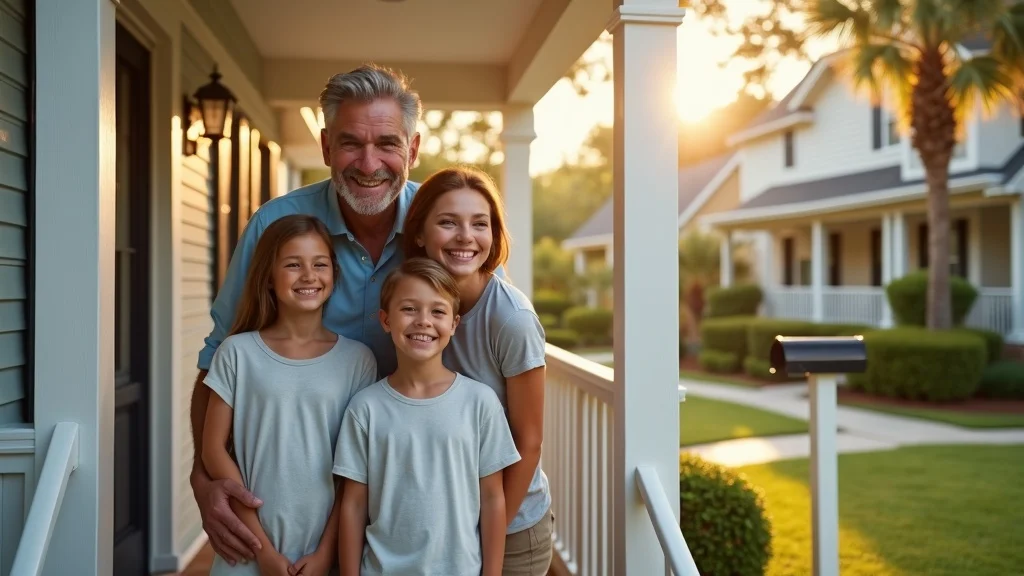
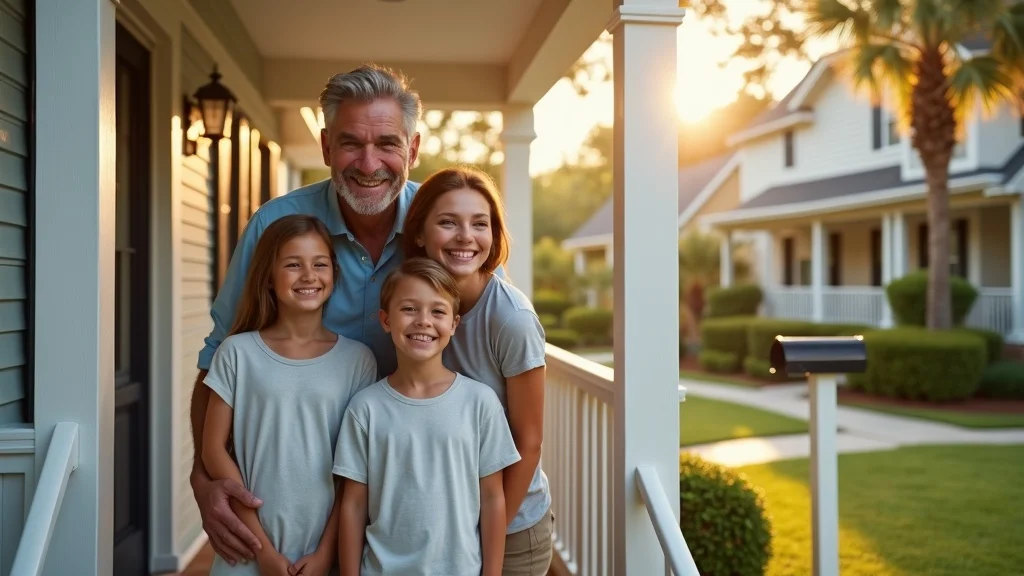





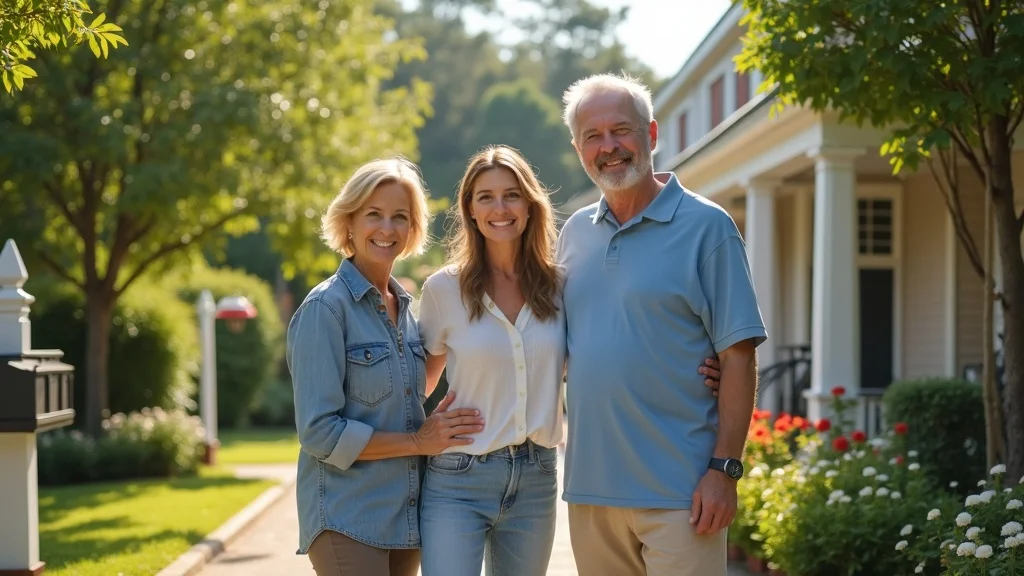
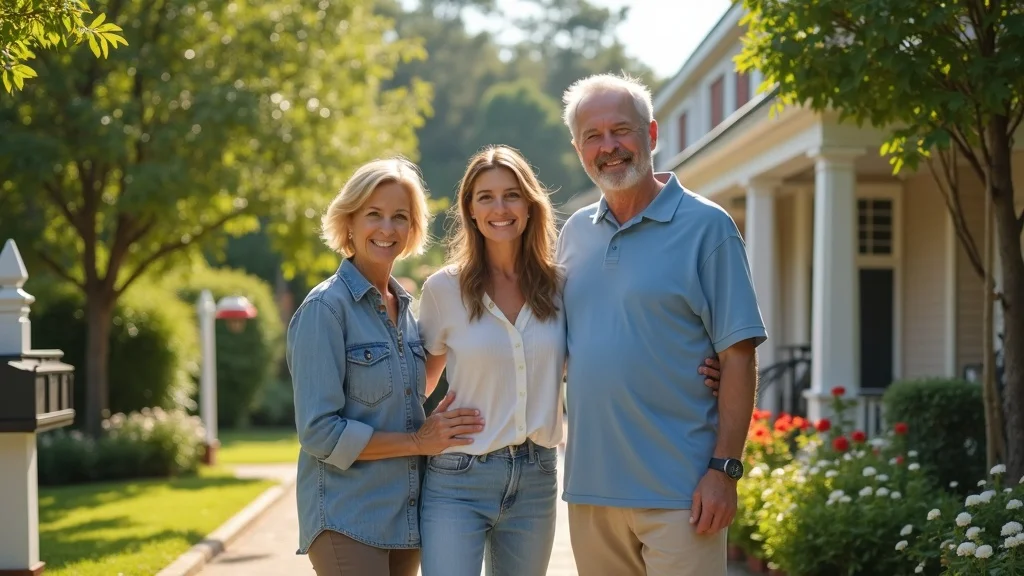









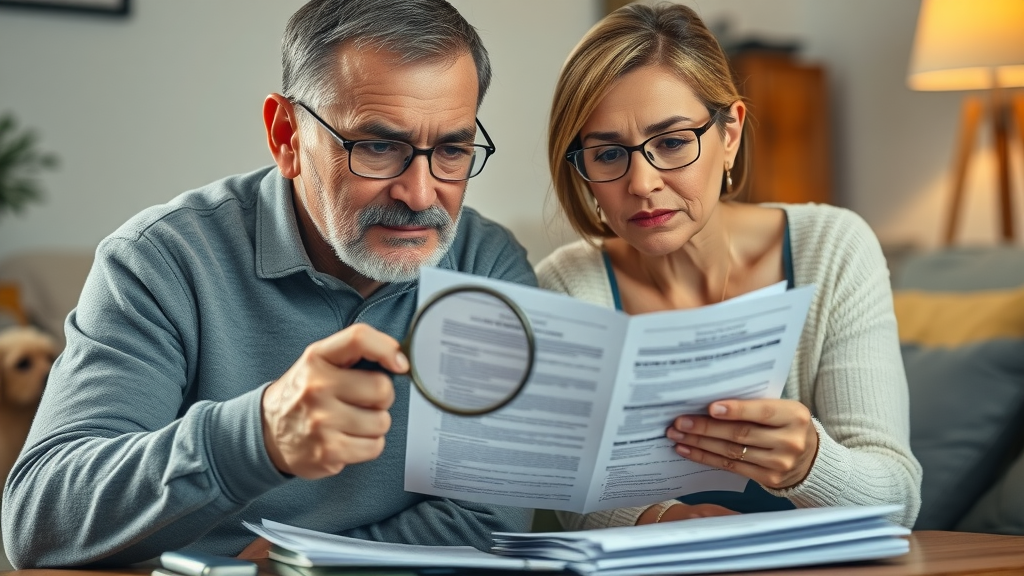




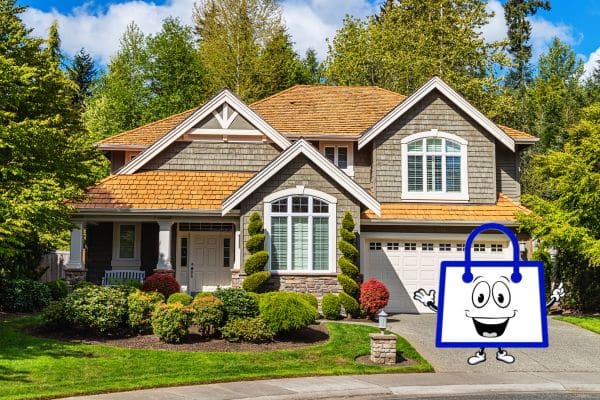

 Insurance Shopping Expert Tip: "In our experience getting a rate on homeowners insurance should be an easy process. We know it can be a very stressful situation. We are here to help find the very best price!"
Insurance Shopping Expert Tip: "In our experience getting a rate on homeowners insurance should be an easy process. We know it can be a very stressful situation. We are here to help find the very best price!"